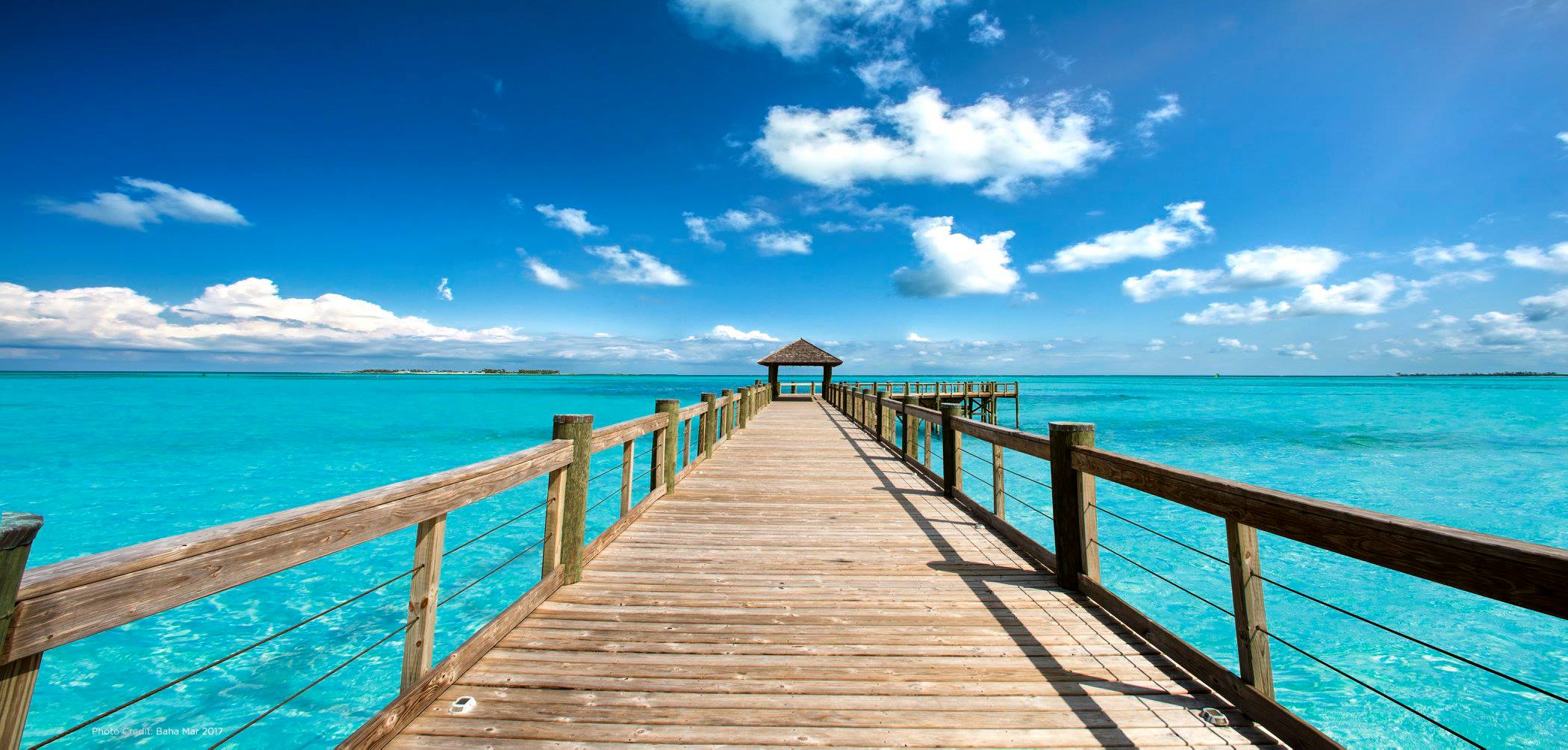Customer Service:
Customer Service:

The Maldives, often celebrated for its stunning beaches and luxurious resorts, also boasts a rich cultural heritage and vibrant traditions. Beyond the turquoise waters and coral reefs lies a world full of history, art, and local customs waiting to be explored. Here’s how you can immerse yourself in the Maldivian heritage and traditions for a truly enriching experience.
Historical Landmarks and Museums Malé: The Cultural Heartbeat
The capital city, Malé, is a treasure trove of historical landmarks and museums that offer a glimpse into the Maldives’ past.
Utheemu Ganduvaru
Located on Utheemu Island, this historic wooden palace was the childhood home of Sultan Mohamed Thakurufaanu, a national hero who liberated the Maldives from Portuguese rule in the 16th century. The palace offers insights into traditional Maldivian architecture and the country’s fight for independence [2].
Cultural Festivals and Events Ramadan and Eid Celebrations
The Maldives, being a predominantly Muslim country, celebrates Ramadan with great devotion. During this holy month, you can experience the unique customs and culinary traditions that come alive, especially during the evening iftar meals.
Independence Day
Celebrated on July 26th, Independence Day commemorates the Maldives’ independence from British rule in 1965. Festivities include parades, cultural performances, and traditional music and dance, providing a lively atmosphere to witness the nation’s patriotic spirit [4].
Traditional Music and Dance Bodu Beru
Bodu Beru, which translates to “big drum,” is a traditional form of music and dance that dates back to the 11th century. It involves rhythmic drumming, chanting, and dancing, and is a vital part of Maldivian cultural heritage.
Dhandi Jehun
This traditional stick dance is performed during festive occasions and involves intricate choreography and synchronized movements. It is a vibrant and visually striking representation of Maldivian folklore [5].
Local Cuisine
Traditional Maldivian Dishes
Maldivian cuisine is a delightful blend of flavors, primarily featuring fresh seafood, coconut, and tropical fruits.
Dining with Locals
For an authentic culinary experience, consider dining with a local family on a guesthouse island. This offers a unique opportunity to taste homemade Maldivian dishes and learn about local culinary traditions.
Art and Craftsmanship
Thundu Kunaa (Traditional Weaving)
The art of weaving mats, known as Thundu Kunaa, is a traditional Maldivian craft passed down through generations. These mats are made from dried reed fibers and dyed with natural colors to create intricate patterns.
Lacquer Work
Maldivian lacquer work, or “Liye Laajehun,” involves decorating wooden items with intricate designs using natural lacquer. This craft is used to create a variety of items, including boxes, bowls, and vases.
Cultural Etiquette and Customs
Respecting Local Customs
When visiting local islands and interacting with the Maldivian people, it is important to respect their customs and traditions.
Conclusion: Embrace the Maldivian Culture
Immersing yourself in the Maldivian heritage and traditions offers a deeper connection to this beautiful island nation. From exploring historical landmarks and participating in cultural festivals to enjoying traditional
music, dance, and cuisine, there are countless ways to experience the rich cultural tapestry of the Maldives. Embrace the opportunity to learn and appreciate the customs and traditions that make the Maldives a truly unique and enchanting destination.
Whatever you want your luxury tour or safari itinerary to include, we’ll create something fully bespoke for you… and only you.
Start Planning